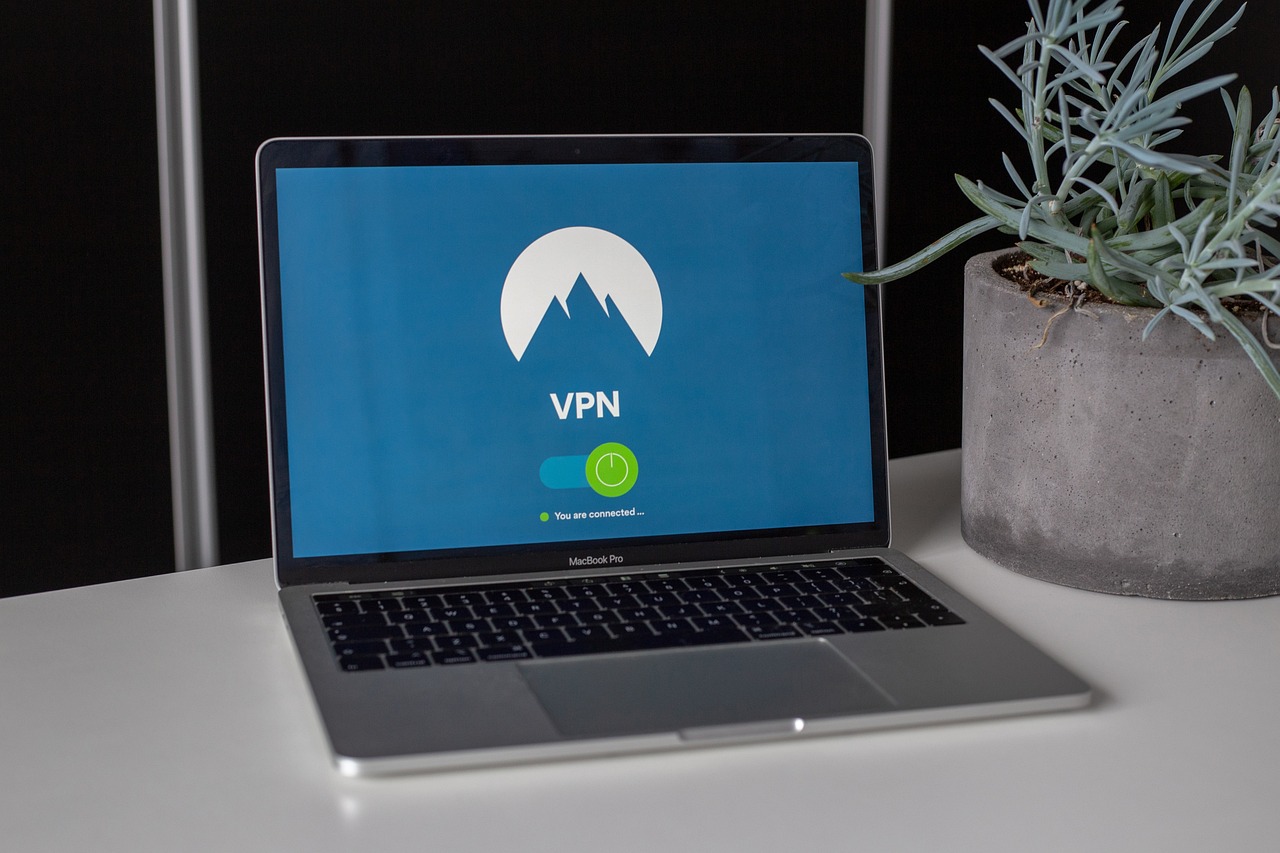The Trend Towards Remote Work and Long-Term Travel
The trend towards remote work and long-term travel has gained significant momentum in recent years, revolutionizing the traditional concept of work and leisure. This modern lifestyle enables individuals to break free from the confines of a traditional office space and embark on a journey of exploration and adventure while continuing to excel in their professional endeavors. The fusion of work and travel offers a unique blend of freedom, flexibility, and fulfillment, allowing individuals to embrace new experiences and cultures while maintaining productivity and income.

Benefits of Remote Work and Travel
Remote work and long-term travel offer a plethora of benefits that cater to both professional and personal growth. By embracing this lifestyle, individuals can achieve an optimal work-life balance while immersing themselves in diverse cultures and environments. The flexibility provided by remote work allows for seamless integration of work commitments with travel experiences, fostering a sense of exploration and productivity.
One of the key advantages of remote work and travel is the opportunity for cultural immersion. By living and working in different locations, individuals can gain a deeper understanding of local customs, traditions, and languages. This exposure not only enriches personal experiences but also broadens perspectives, fostering a sense of empathy and global awareness.
Moreover, remote work and travel facilitate personal growth by challenging individuals to adapt to new environments and situations. The ability to navigate unfamiliar territories while maintaining work responsibilities cultivates resilience, problem-solving skills, and independence. This blend of professional development and personal enrichment creates a holistic approach to life that transcends traditional boundaries.

Choosing the Right Destinations
The rise of remote work has led to an increasing number of individuals combining work with long-term travel. This lifestyle allows for flexibility and exploration while maintaining productivity and income.
Embracing remote work and long-term travel offers benefits such as work-life balance, cultural immersion, and personal growth. It allows individuals to experience new environments while advancing their careers.
When choosing destinations for remote work and travel, several factors need to be considered. These include the cost of living, internet connectivity, time zone differences, and safety. Researching potential destinations thoroughly can help create a conducive work environment.
Effective management of work responsibilities, travel arrangements, accommodation, and time zones is essential for a successful remote work and travel lifestyle. Establishing routines and utilizing productivity tools can enhance efficiency.
Challenges such as isolation, unreliable internet, language barriers, and work-life boundaries can arise during remote work and travel. Strategies like building a support network and setting boundaries can help overcome these obstacles.
Maintaining physical and mental well-being while combining remote work with travel is crucial. Prioritizing exercise, healthy eating, adequate rest, and managing stress can contribute to a sustainable work-travel balance.
Long-term travel requires careful financial planning to sustain accommodation, transportation, meals, and leisure activities. Budgeting, tracking expenses, and exploring cost-effective options can help manage finances effectively while traveling.
Networking with other remote workers, locals, and digital nomads can enrich the remote work and travel experience. Building relationships can lead to collaborations, new opportunities, and a sense of community while on the road.
Immersing oneself in local cultures, traditions, cuisine, and activities is a significant aspect of long-term travel. Engaging with diverse communities and participating in cultural events can enhance the travel experience and broaden perspectives.

Managing Work and Travel Logistics
Managing work and travel logistics is a critical aspect of maintaining a successful remote work and travel lifestyle. It involves careful planning and organization to ensure that work responsibilities are met while exploring new destinations.
One key element of managing work and travel logistics is establishing a consistent routine. By setting specific work hours and breaks, individuals can maintain productivity and create a sense of structure amidst changing environments. Additionally, utilizing productivity tools such as project management software, communication platforms, and time tracking apps can help streamline work tasks and collaboration with team members.
When it comes to travel arrangements, flexibility is key. Being prepared for unexpected changes in transportation schedules, accommodation availability, or internet connectivity can help mitigate potential disruptions to work. Researching ahead of time and having backup plans in place can ensure a smooth travel experience.
Accommodation plays a crucial role in managing work and travel logistics. Choosing a suitable place to stay that offers a conducive work environment, reliable internet connection, and necessary amenities is essential. Co-living spaces, coworking hubs, or rental apartments with designated workspaces can provide a comfortable setting for work while on the road.
Time zone differences can present challenges when working remotely and traveling across multiple regions. To effectively manage time zones, individuals can use tools like world clock apps, scheduling meetings in advance, and communicating clear expectations with clients or colleagues regarding availability. Adapting to different time zones requires flexibility and effective communication to ensure work continuity.
Overall, successful management of work and travel logistics involves a combination of planning, adaptability, and organization. By establishing routines, utilizing technology, staying flexible with travel arrangements, choosing suitable accommodations, and managing time zone differences, individuals can navigate the complexities of remote work and travel with ease.

Overcoming Challenges on the Road
Embarking on a journey of remote work and travel brings with it a multitude of opportunities and adventures. However, along the road less traveled, challenges may also arise, testing one's resilience and adaptability. One common hurdle faced by digital nomads is the sense of isolation that can creep in when working from unfamiliar locations. To combat this, establishing a support network of like-minded individuals, whether online or in person, can provide a sense of community and belonging.
Another challenge that remote workers on the move often encounter is unreliable internet connectivity. In a world where a stable internet connection is crucial for work, facing disruptions can be frustrating. Researching ahead of time to ensure that accommodations have reliable Wi-Fi or investing in portable hotspots can help mitigate this issue and keep productivity levels high.
Language barriers can also present obstacles when navigating foreign lands. Communicating effectively with locals, colleagues, or service providers may require patience and creativity. Learning basic phrases in the local language or utilizing translation apps can bridge the gap and facilitate smoother interactions.
Furthermore, maintaining a healthy work-life balance while constantly being on the move can be challenging. Setting clear boundaries between work hours and leisure time is essential to prevent burnout and ensure productivity. Creating a dedicated workspace, establishing a routine, and knowing when to disconnect are vital components of achieving this balance.
As remote work and travel continue to intertwine, facing and overcoming these challenges becomes part of the enriching journey towards personal and professional growth. By embracing resilience, adaptability, and a positive mindset, digital nomads can navigate the road ahead with confidence and success.

Health and Wellness Considerations
When embarking on a journey that combines remote work with travel, it is essential to prioritize health and wellness considerations. Maintaining a balance between work responsibilities and personal well-being is crucial for long-term sustainability. Just as a well-oiled machine needs regular maintenance to function efficiently, our bodies and minds require care to perform optimally while on the road.
One key aspect to consider is physical health. Engaging in regular exercise, whether it's a morning yoga session, a run along the beach, or a hike in the mountains, can not only keep the body in shape but also boost mental clarity and overall well-being. Additionally, paying attention to nutrition by consuming balanced meals and staying hydrated is vital for maintaining energy levels and focus throughout the day.
Moreover, adequate rest is fundamental for both productivity and health. Ensuring a good night's sleep and allowing time for relaxation can prevent burnout and enhance cognitive functions. Creating a comfortable workspace that promotes good posture and ergonomic practices can also contribute to physical well-being during work hours.
Managing stress is another critical factor in maintaining health while juggling work and travel. Incorporating mindfulness practices, such as meditation or deep breathing exercises, can help reduce stress levels and improve mental resilience. Setting boundaries between work and leisure time is essential to prevent work from encroaching on personal life and vice versa.
Lastly, seeking support and building a network of like-minded individuals can provide a sense of community and aid in navigating the challenges of remote work and travel. Whether it's connecting with fellow digital nomads online, joining local wellness groups, or seeking professional guidance when needed, having a support system in place can significantly contribute to overall well-being.

Financial Planning for Long-Term Travel
When embarking on long-term travel, financial planning plays a crucial role in ensuring a smooth and sustainable journey. Managing expenses effectively can help travelers make the most of their experiences without compromising their financial stability. From accommodation costs to daily expenses, here are some key considerations for financial planning during long-term travel.
One essential aspect of financial planning for long-term travel is creating a detailed budget. By outlining expected expenses such as accommodation, transportation, meals, activities, and emergency funds, travelers can have a clear overview of their financial requirements. Tracking expenses and adjusting the budget as needed can help maintain financial discipline throughout the journey.
Researching cost-effective options for accommodation and transportation can significantly impact the overall travel budget. Exploring alternatives like homestays, hostels, or house-sitting opportunities can help reduce accommodation expenses, allowing travelers to allocate their budget to other experiences. Similarly, opting for public transportation or shared rides instead of private taxis can contribute to cost savings.
Another important consideration in financial planning for long-term travel is managing currency exchange and banking fees. Choosing the right payment methods, such as travel-friendly credit cards or prepaid travel cards, can help minimize transaction fees and ensure convenient access to funds while abroad. It is also advisable to notify banks of travel plans to avoid any unexpected card blocks or security issues.
Planning for unexpected expenses and emergencies is a vital component of financial preparation for long-term travel. Setting aside an emergency fund for unforeseen circumstances like medical emergencies, flight cancellations, or lost belongings can provide peace of mind and financial security during the journey. Travel insurance is also recommended to cover potential risks and provide assistance in challenging situations.
Lastly, maintaining a balance between budget constraints and enriching travel experiences is key to successful financial planning for long-term travel. By prioritizing meaningful experiences, cultural immersion, and personal growth while being mindful of expenses, travelers can create memorable and fulfilling journeys that align with their financial goals and aspirations.

Networking and Building Relationships
Networking and building relationships play a crucial role in enhancing the remote work and travel experience. By connecting with other remote workers, locals, and digital nomads, individuals can expand their professional network and foster meaningful connections on the road. Sharing insights, experiences, and tips with like-minded individuals can lead to collaborations, new opportunities, and a sense of community while navigating the challenges and joys of remote work and travel.

Embracing Cultural Experiences
When it comes to during long-term travel, it's all about immersing yourself in the local way of life. From sampling traditional cuisine to participating in cultural events, there are endless opportunities to broaden your horizons and gain a deeper understanding of the world around you.
One way to truly embrace cultural experiences is by engaging with diverse communities. By interacting with locals and learning about their customs and traditions, you can gain valuable insights into different ways of life. This not only enriches your travel experience but also fosters a sense of connection and empathy towards others.
Exploring local markets, museums, and historical sites can also provide a deeper appreciation for the culture you are visiting. By delving into the history and art of a place, you can uncover hidden gems and stories that offer a glimpse into its past and present.
Additionally, participating in cultural activities such as dance performances, cooking classes, or traditional ceremonies can be a fun and immersive way to learn more about a culture. These hands-on experiences allow you to engage with local traditions firsthand and create lasting memories of your travels.
Moreover, embracing cultural experiences is not just about observing from a distance but actively engaging with the community. Whether it's volunteering at local organizations, attending festivals, or joining community events, getting involved can lead to meaningful connections and a deeper appreciation for the destination.
Frequently Asked Questions
- What are the benefits of combining remote work with long-term travel?
Combining remote work with long-term travel offers benefits such as work-life balance, cultural immersion, and personal growth. It allows individuals to experience new environments while advancing their careers.
- How can I choose the right destinations for remote work and travel?
When selecting destinations for remote work and travel, consider factors like cost of living, internet connectivity, time zone differences, and safety. Researching destinations can help create a conducive work environment for your remote work lifestyle.
- What are some common challenges faced during remote work and travel?
Challenges such as isolation, unreliable internet, language barriers, and work-life boundaries can arise during remote work and travel. Strategies like building a support network and setting boundaries can help overcome these obstacles.
- How important is health and wellness while combining remote work with travel?
Maintaining physical and mental well-being is crucial when combining remote work with travel. Prioritizing exercise, healthy eating, adequate rest, and managing stress can contribute to a sustainable work-travel balance.
- What financial considerations should I keep in mind for long-term travel?
Long-term travel requires careful financial planning to sustain accommodation, transportation, meals, and leisure activities. Budgeting, tracking expenses, and exploring cost-effective options can help manage finances effectively while traveling.



















